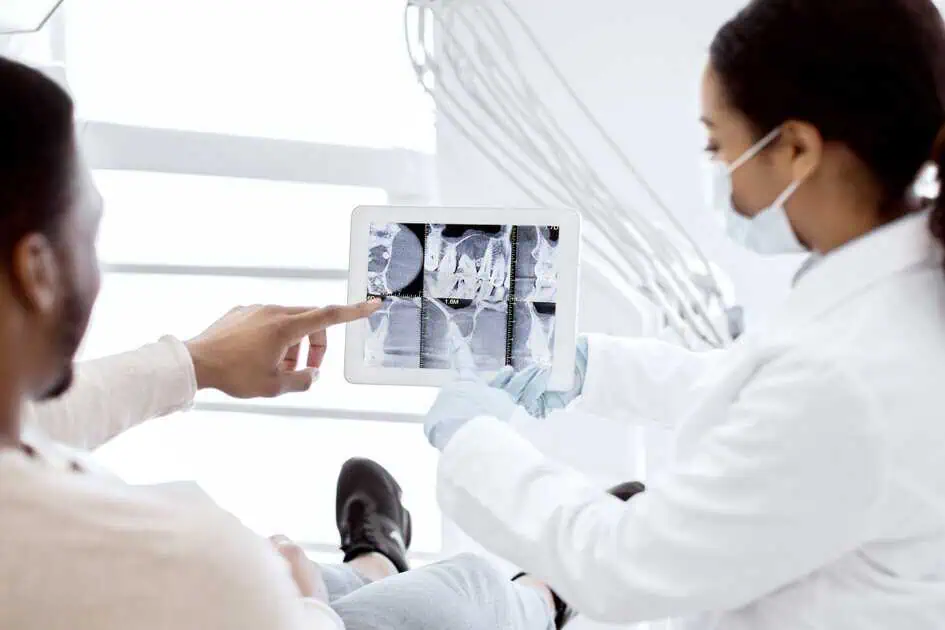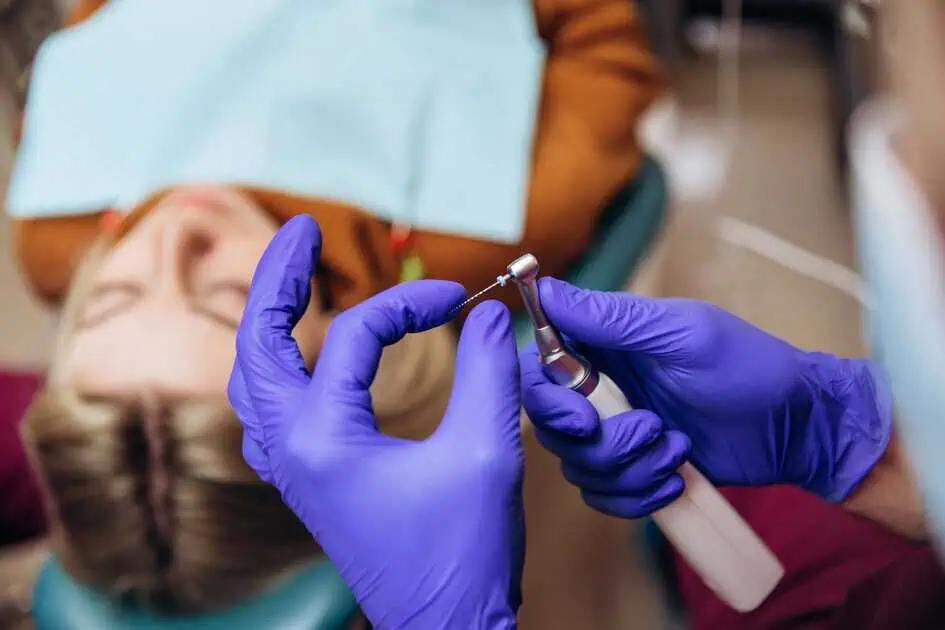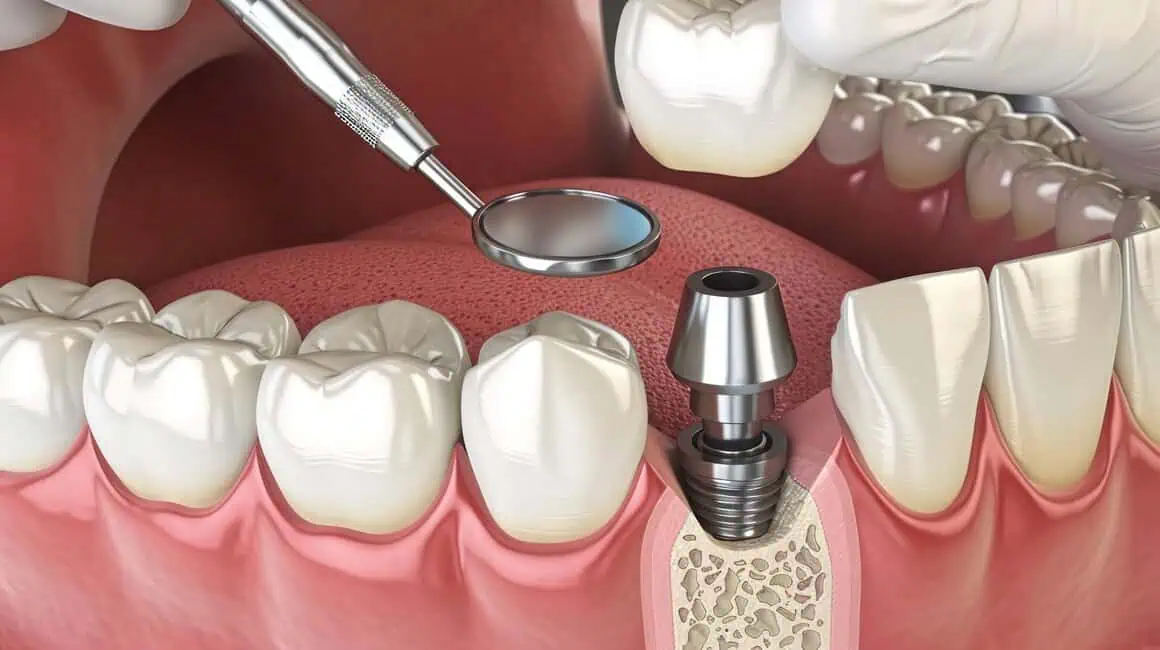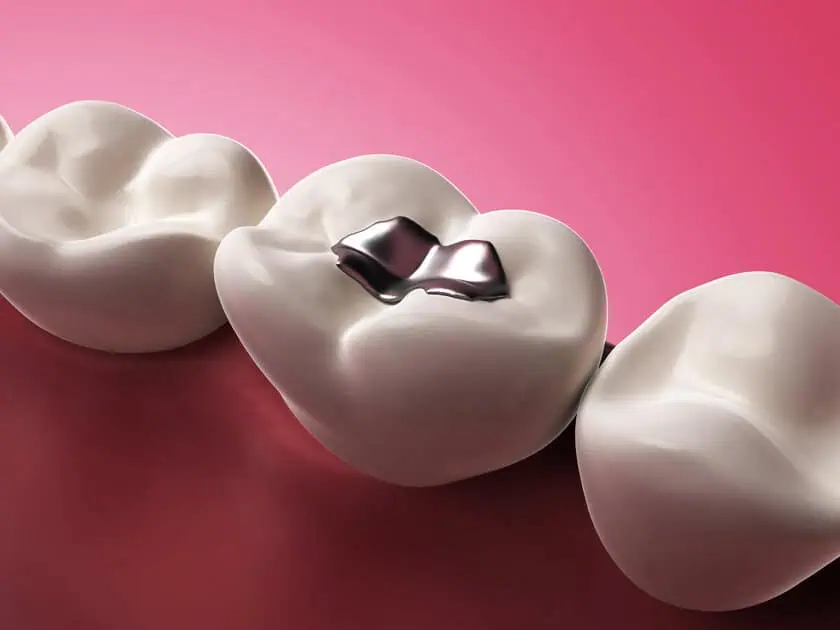Dental bone grafting is a surgical procedure often recommended for patients who lack sufficient jawbone density to support dental implants or other therapeutic treatments. While the procedure is crucial for long-term oral health, what you do—or don’t do—after the surgery can significantly impact your recovery and the success of the graft. Post-operative care is not just about following what to do; knowing what to avoid is equally important. Ignoring these guidelines can lead to complications such as infection, graft failure, or additional surgeries.
Understanding Dental Bone Grafting
Dental bone grafting is a specialized surgical intervention aiming to increase the bone in the jaw. This is often necessary for patients who have experienced bone loss due to conditions like periodontal disease, trauma, or prolonged tooth absence. The procedure is commonly recommended as a preparatory step for other dental treatments, such as the placement of dental implants, which require a stable and sufficient bone structure for successful integration.
The process involves taking bone material from the patient’s body, a donor, or synthetic sources and grafting it onto the existing jawbone. Over time, this grafted material fuses with the natural bone, creating a more robust foundation for future dental work. The type of bone graft used can vary depending on the patient’s specific needs and the recommendation of the dental surgeon.
While the surgical aspect is undoubtedly important, understanding the procedure also means recognizing the significance of post-operative care. Proper aftercare is crucial for the graft’s success and minimizing potential complications. Therefore, it’s not just about the surgery itself but also about what comes after—making informed choices that contribute to a successful recovery and long-term oral health.
The Importance of Post-Operative Care
While the surgical procedure lays the foundation for future dental work and improved oral health, the actions taken during the recovery period are crucial for ensuring the success of the graft. Inadequate or improper aftercare can lead to complications, from minor issues like prolonged discomfort to more serious problems like infection or graft failure.
Post-operative care involves following your dentist’s guidelines, taking prescribed medications, and avoiding certain activities and substances that could jeopardize healing. For instance, neglecting to take antibiotics as prescribed could result in an infection, while consuming certain foods and beverages might irritate the surgical site. Similarly, engaging in strenuous physical activity too soon after the procedure could lead to unnecessary stress on the healing area, potentially causing the graft to fail.
Likewise, attend all follow-up appointments with your dental surgeon. These visits allow the healthcare provider to monitor the healing process, make any necessary adjustments to your treatment plan, and catch potential complications before they become severe.
Foods to Avoid
After undergoing dental bone grafting, the types of foods you consume can have a direct impact on your recovery process. Hot foods and beverages should be avoided immediately after the procedure, as they can increase blood flow to the surgical area, potentially causing swelling or bleeding. Similarly, hard or crunchy foods like nuts, chips, and raw vegetables can put undue pressure on the graft, risking dislodgement or damage to the healing tissue.
Acidic foods and beverages, such as citrus fruits and sodas, can also be problematic. The acidity can irritate the surgical site and may slow the healing process. Sticking to a diet of soft, neutral foods like mashed potatoes, yogurt, and applesauce in the initial days following the surgery is advisable.
It’s not just about what you can’t eat; it’s also about how you eat. Chewing on the side opposite the graft can help minimize stress on the surgical area, reducing the risk of complications. Additionally, avoiding using straws during the initial healing phase is recommended, as the suction could dislodge the graft.
Activities to Avoid
While it might be tempting to resume your normal routine as quickly as possible, some activities can pose risks to the newly grafted bone and the surrounding tissue. From physical exertion to lifestyle choices like smoking and drinking, caution is key.
- Strenuous Exercise: Physical exertion can increase blood flow to the surgical area, potentially causing swelling or bleeding.
- Smoking: Smoking can impair the healing process by restricting blood flow and introducing harmful substances to the surgical site.
- Alcohol Consumption: Alcohol can interfere with medications and has a drying effect, harming the healing process.
- Touching or Probing the Surgical Site: Introducing fingers or dental instruments can risk infection and may disturb the graft.
- Vigorous Rinsing or Spitting: These actions can create pressure that might dislodge the graft. Gentle rinsing with a prescribed solution is usually recommended instead.
- Using Straws: The suction created can dislodge the graft, especially in the initial healing phase.
- Chewing on the Surgical Side: This can put undue stress on the healing area, risking complications.
Medications and Substances to Avoid
Certain over-the-counter medications, particularly nonsteroidal anti-inflammatory drugs (NSAIDs) like ibuprofen, can interfere with healing. These drugs may reduce inflammation but can also inhibit bone growth, which is crucial for the success of the graft.
Herbal supplements are another category to be cautious about. While they may seem harmless, herbs like ginkgo biloba, ginseng, and garlic can thin the blood, increasing the risk of post-operative bleeding. You must disclose all medications and supplements to your dental surgeon to avoid potential interactions.
Alcohol-based mouthwashes should also be avoided, especially in the initial stages of recovery. The alcohol can irritate the surgical site and may slow the healing process. Your dental surgeon will likely recommend a non-alcoholic antiseptic mouthwash during this period.
Oral Hygiene Practices to Avoid
Vigorous brushing and flossing around the surgical site should be avoided. The force from aggressive brushing can dislodge the graft or irritate it. Instead, a soft-bristled toothbrush should be used, and gentle strokes should be applied when cleaning the teeth adjacent to the surgical area.
Using a regular toothbrush instead of a soft-bristled one can also be problematic. Hard bristles can be too abrasive on the sensitive surgical site, potentially causing bleeding or dislodging the graft. Many dental surgeons recommend using a post-surgical toothbrush with extra-soft bristles explicitly designed for post-operative oral care.
Rinsing too aggressively is another practice to avoid. Like vigorous brushing, forceful rinsing can create pressure that might dislodge the graft. It’s advisable to use a gentle swishing motion if you need to rinse your mouth and to use the antiseptic mouthwash or saltwater solution recommended by your dental surgeon.
Takeaway
Proper post-operative care is crucial for a successful recovery if you’re considering dental bone grafting or have recently undergone the procedure. At Solomon Dentistry, the team is committed to guiding you through every step of your dental journey, from initial consultation to post-operative check-ups. Don’t leave your oral health to chance; trust the experts who prioritize your well-being. Contact Solomon Dentistry today to book your appointment and ensure you’re on the right path to optimal oral health. Your smile is our mission.





